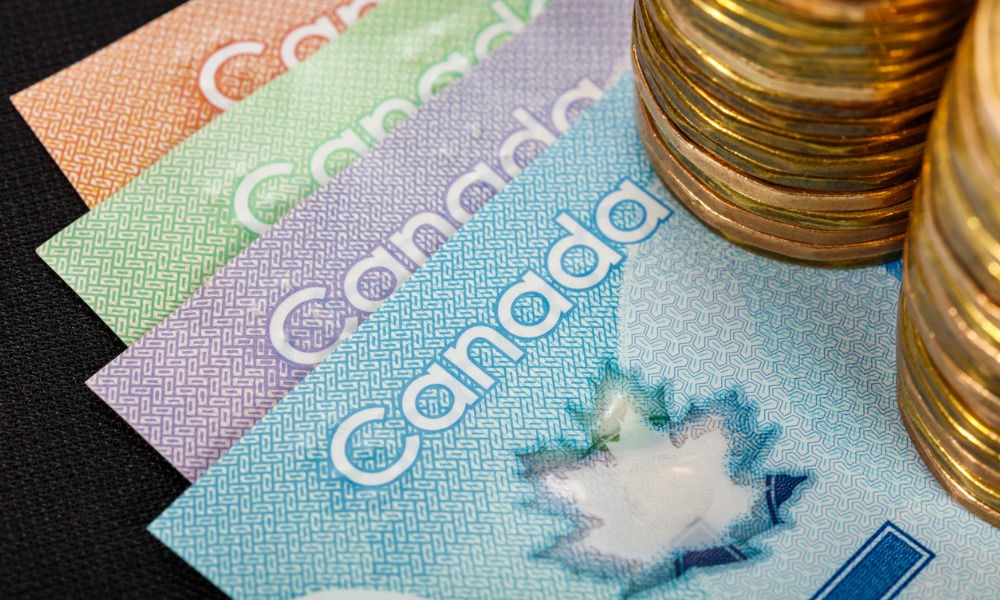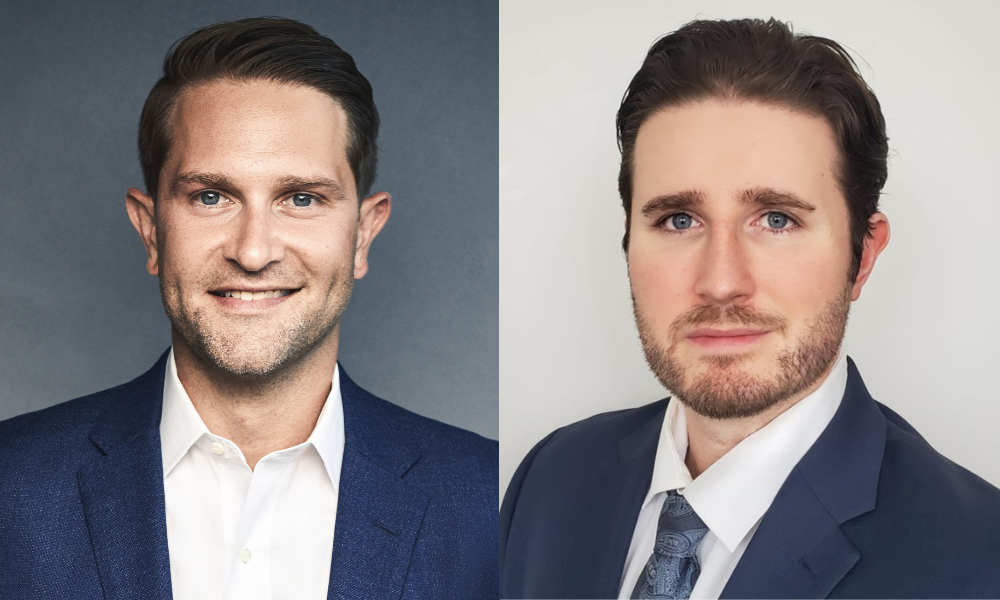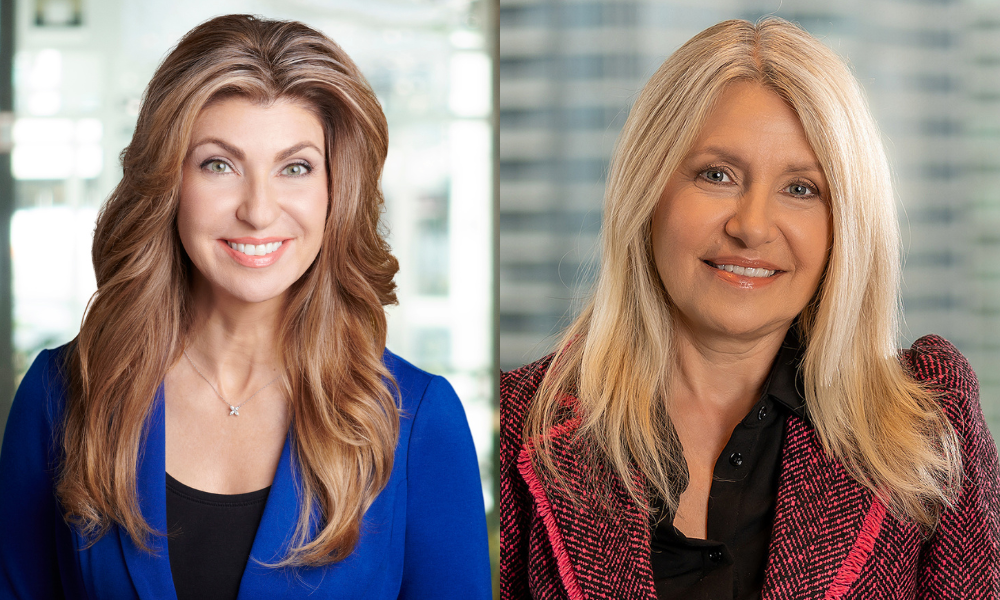Ontario workers offered virtual mental health counselling, self-guided CBT therapy

Three organizations are teaming up to help workers in the hospitality sector address their mental health struggles.
Certification body Smart Serve Ontario launched its “Smart Serve Cares” campaign in partnership with GreenShield and Not 9 to 5, which provides training for the hospitality and culinary industry.
“The hospitality industry is at a critical juncture. The industry has faced unrelenting pressure, triggering a concerning rise in mental health and substance use challenges among hospitality workers,” says Gyan Chandra, board chair, Smart Serve Ontario.
“We are strategically connecting leading experts in both the hospitality and health sectors to deliver critical resources and solutions to an industry in dire need of support. Together, we can create meaningful change and build a more resilient hospitality workforce.”
What are the mental health issues in the hospitality industry?
Nearly nine in 10 (87 per cent) front-line food and beverage staff report experiencing burnout, according to research conducted by Not 9 to 5. And close to eight in 10 are suffering from depression (77 per cent) and anxiety (84 per cent).
Only 38 per cent seek professional help, often citing financial constraints as a major roadblock.
On top of that, many workers in the hospitality industry do not have access to mental health benefits from their employer, says Harriet Ekperigin, vice president of mental health, GreenShield, in talking with Canadian HR Reporter.
“About 50 per cent of the hospitality industry workers do not have health benefits, and many of those who are part time do not have health benefits,” she says.
“This leads many of them to actually leave the industry to go to other industries that were paying the same amount of money, but that would give them the mental health benefits.”
Nearly nine in 10 (89 per cent) of Canadian professionals say their personal wellbeing has become a “top priority”, and 60 per cent think employers should be doing more to preserve employee wellbeing, according to a previous Robert Walters Canada report.
Mental health support for hospitality workers
The Smart Serve Cares program has these offers:
Three hours of free virtual mental health counselling with a therapist provided by GreenShield Health: Hospitality workers can complete a screening survey to highlight their preferences and the platform then matches them with a counselor.
“If I said I was looking for somebody from an African background that could understand my culture and where I'm coming from, somebody who might be trauma-informed [or] somebody who might be from the LGBTQ+ community or has cultural competency, they can actually select those criteria,” explains Ekperigin.
Workers can connect with the counselor for 15 minutes “to see whether there’s a match,” she says.
“If there's no match, they move on to the next counselor until they're actually able to find somebody that they connect with… We feel that this is really important, because we know that that therapeutic relationship is one of the key tenants for a successful healing journey.”
Free and on-site mental health counselling is popular among Canadian workers, according to a previous American Express Canada report.
After the three free hours of counseling, if a hospitality worker would like to continue to see their counselor, they are offered a reduced cost for further sessions.
“So typically, you will see that an hour of counseling with most counsellors would range anywhere between $120 to $200,” says Ekperigin, while those taking advantage of the Smart Serve Cares campaign can access to these counselors for $90.
Online access to self-guided digital CBT: This program uses Cognitive Behavioural Therapy (CBT) and interactive learning modules to help people with anxiety and depression achieve their wellness goals.
“Cognitive behaviour therapy is a gold standard for depression and anxiety, and it really helps you look at the negative thoughts that you have and help you to change that,” says Ekperigin.
This will help workers to “balance those thoughts so that they're not all completely negative”.
Unlimited access to online resources, articles and educational materials from health experts: “We have a lot of articles on the online platform that talk about depression symptoms, anxiety symptoms, the way that you're feeling, some articles that talk about physical signs and symptoms, because a lot of the times we might experience, you know, gut issues, and that's also tied to our mental health,” says Ekperigin.
“So they're really educational materials and articles. And these are all the content are written by experts in the field, so they're all clinically validated information.”




